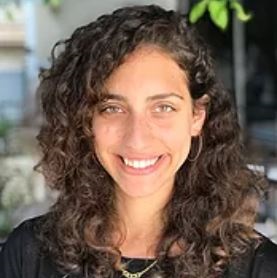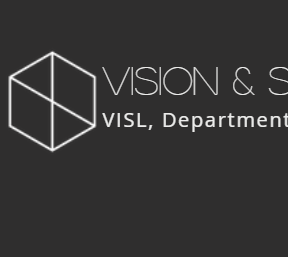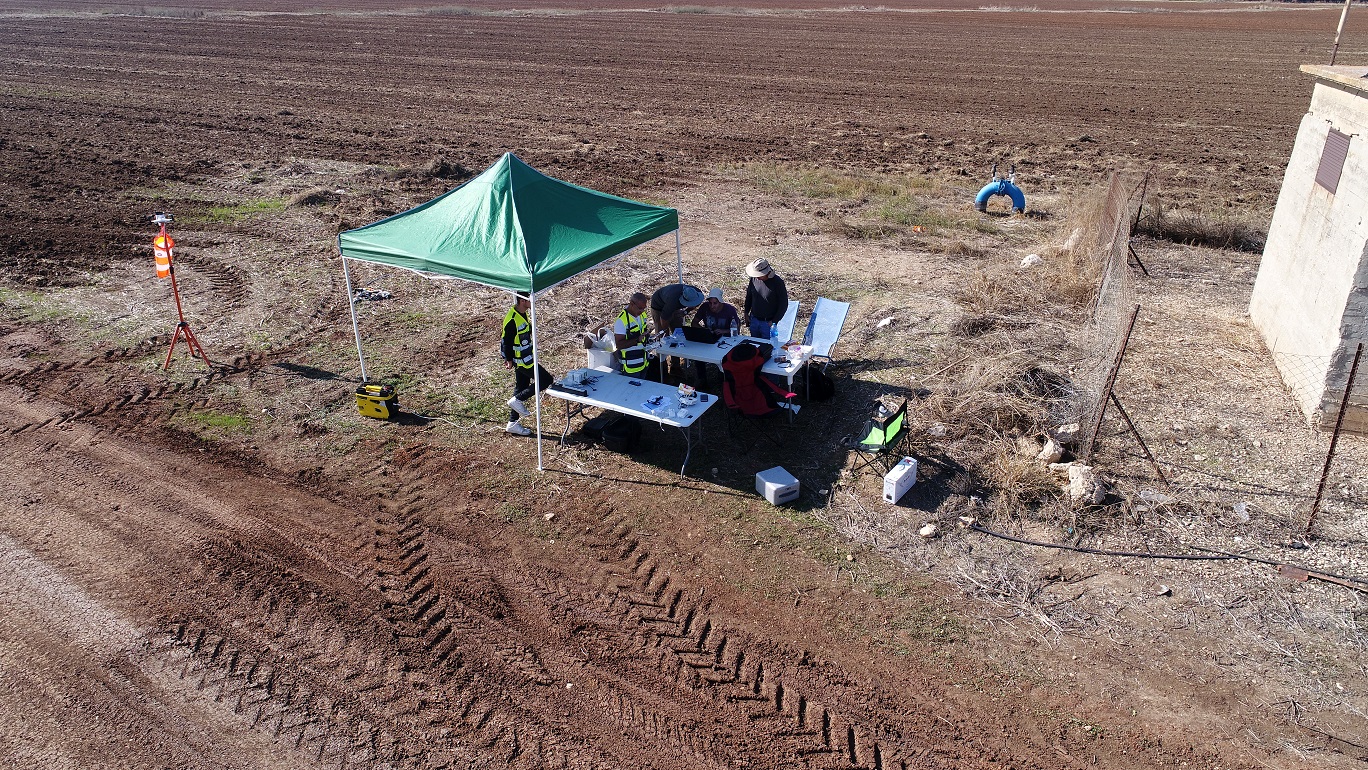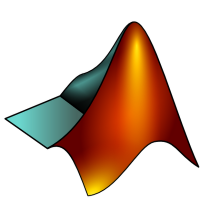
JMIV 2024: Generalized Inversion of Nonlinear Operators
Eyal Gofer, Guy Gilboa, J. Mathematical Imaging and Vision (JMIV), 2024 Springer Open Access link Inversion of operators is a fundamental concept in data processing. Inversion of linear operators is well studied, supported by established theory. When an inverse either does not exist or is not unique, generalized inverses are used. Most notable is the […]
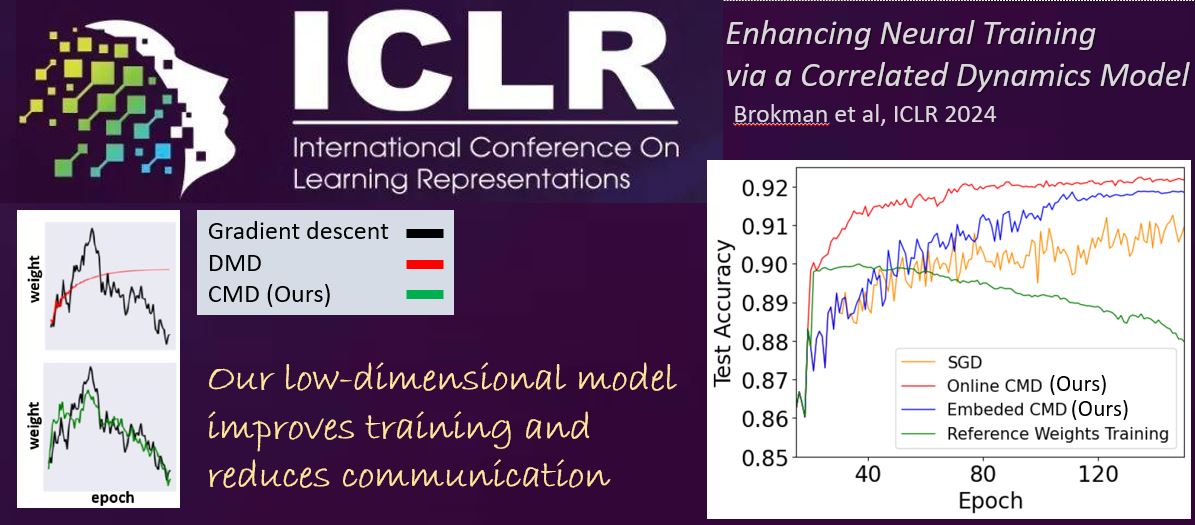
ICLR 2024: Enhancing Neural Training via a Correlated Dynamics Model
Jonathan Brokman, Roy Betser, Rotem Turjeman, Tom Berkov, Ido Cohen, Guy Gilboa, ICLR 2024 Related preprint As neural networks grow in scale, their training becomes both computationally demanding and rich in dynamics. Amidst the flourishing interest in these training dynamics, we present a novel observation: Parameters during training exhibit intrinsic correlations over time. Capitalizing on […]
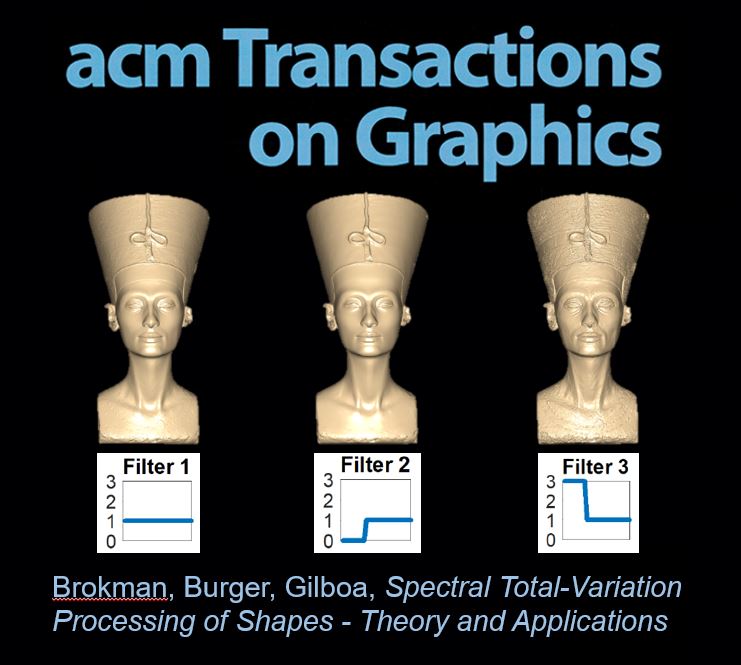
TOG 2024: Spectral Total-Variation Processing of Shapes – Theory and Applications
Jonathan Brokman, Martin Burger, Guy Gilboa, ACM Transactions on Graphics, 2024, https://doi.org/10.1145/3641845 Related preprint We present an analysis of total-variation (TV) on non-Euclidean parameterized surfaces, a natural representation of the shapes used in 3D graphics. Our work explains recent experimental findings in shape spectral TV [Fumero et al., 2020] and adaptive anisotropic spectral TV [Biton and […]
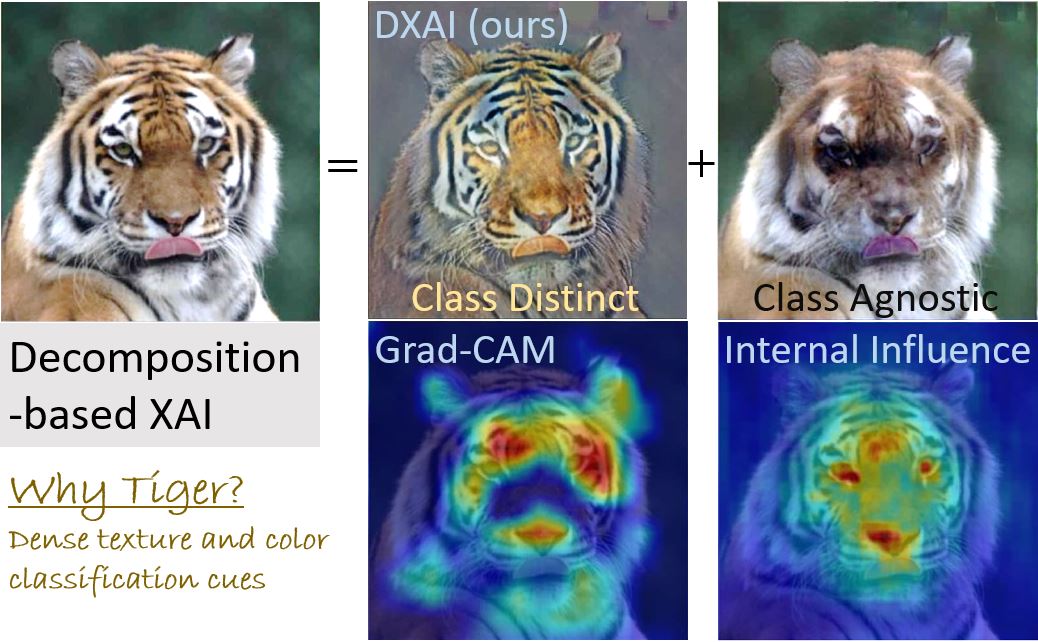
DXAI: Explaining Classification by Image Decomposition
Elnatan Kadar, Guy Gilboa arxiv preprint We propose a new way to explain and to visualize neural network classification through a decomposition-based explainable AI (DXAI). Instead of providing an explanation heatmap, our method yields a decomposition of the image into class-agnostic and class-distinct parts, with respect to the data and chosen classifier. Following a fundamental […]
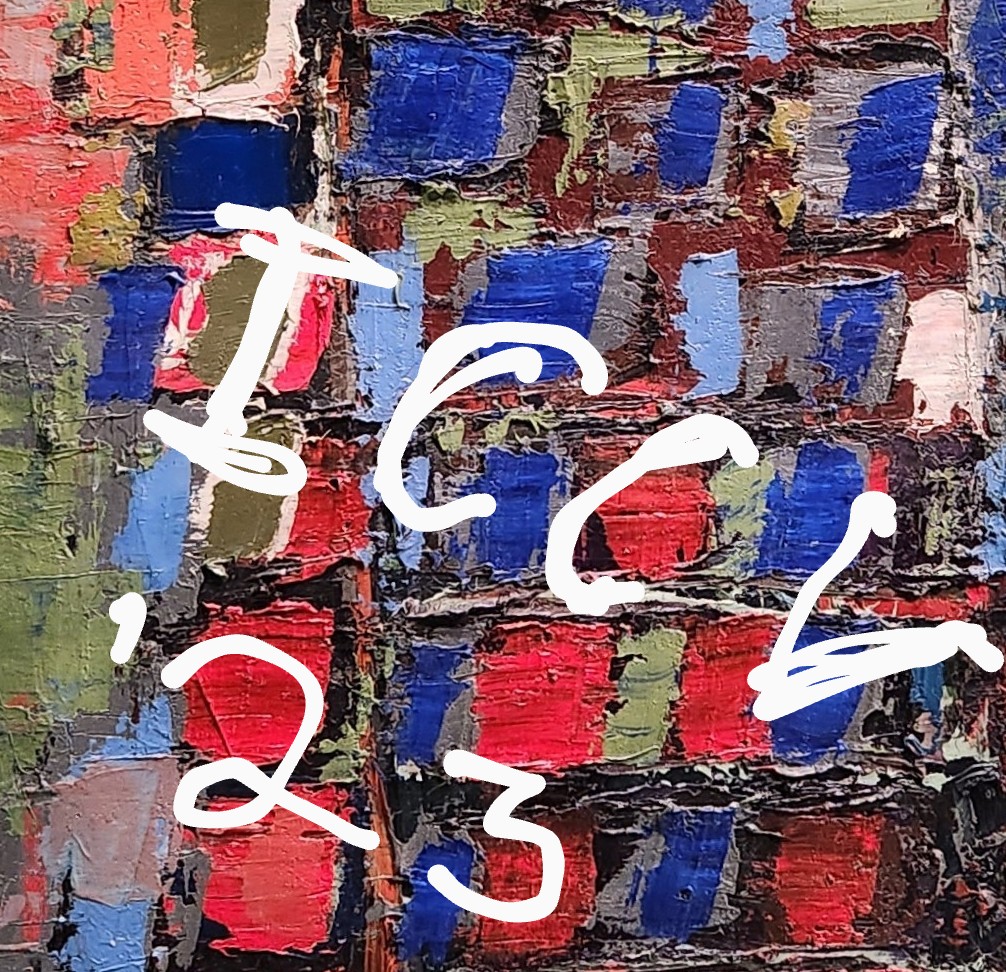
Presenting at ICCV
On a very different note from current events. Yossi and I have presented our poster at ICCV in Paris on robust point cloud classification through sampling. My wife enjoyed the city. We saw a very nice exhibition of Nicolas de Staël. Meanwhile, Yossi was bonding with Yann LeCun and Daniel Cremers 😉 .

Critical Points ++: An Agile Point Cloud Importance Measure for Robust Classification, Adversarial Defense and Explainable AI
Yossef Meir Levi, Guy Gilboa The ability to cope accurately and fast with Out-Of-Distribution (OOD) samples is crucial in real-world safety demanding applications. In this work we first study the interplay between critical points of 3D point clouds and OOD samples. Our findings are that common corruptions and outliers are often interpreted as critical points. […]
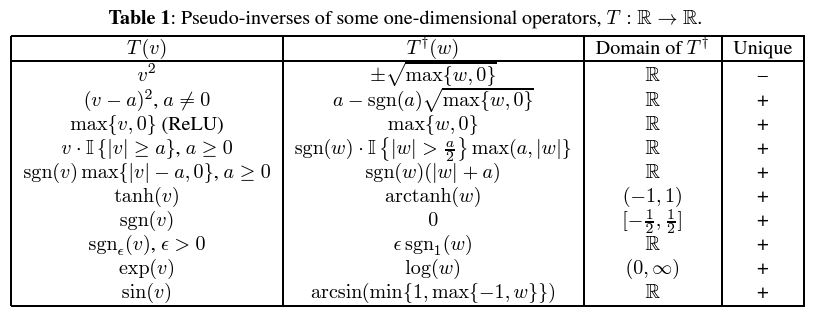
Generalized Inversion of Nonlinear Operators
Eyal Gofer, Guy Gilboa Inversion of operators is a fundamental concept in data processing. Inversion of linear operators is well studied, supported by established theory. When an inverse either does not exist or is not unique, generalized inverses are used. Most notable is the Moore-Penrose inverse, widely used in physics, statistics, and various fields of […]

ISF Grant
The Israel Science Foundation (ISF) has awarded me a 4 year grant on the topic “Signal Processing for Highly Complex Nonlinear Systems”. This would allow the group to advance the research well with sufficient funding.
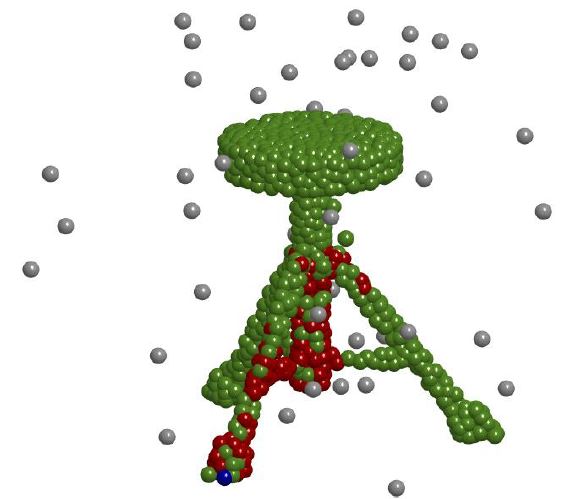
EPiC: Ensemble of Partial Point Clouds for Robust Classification, ICCV 2023
Meir Yossef Levi, Guy Gilboa Accepted to ICCV 2023. Robust point cloud classification is crucial for real-world applications, as consumer-type 3D sensors often yield partial and noisy data, degraded by various artifacts. In this work we propose a general ensemble framework, based on partial point cloud sampling. Each ensemble member is exposed to only partial […]
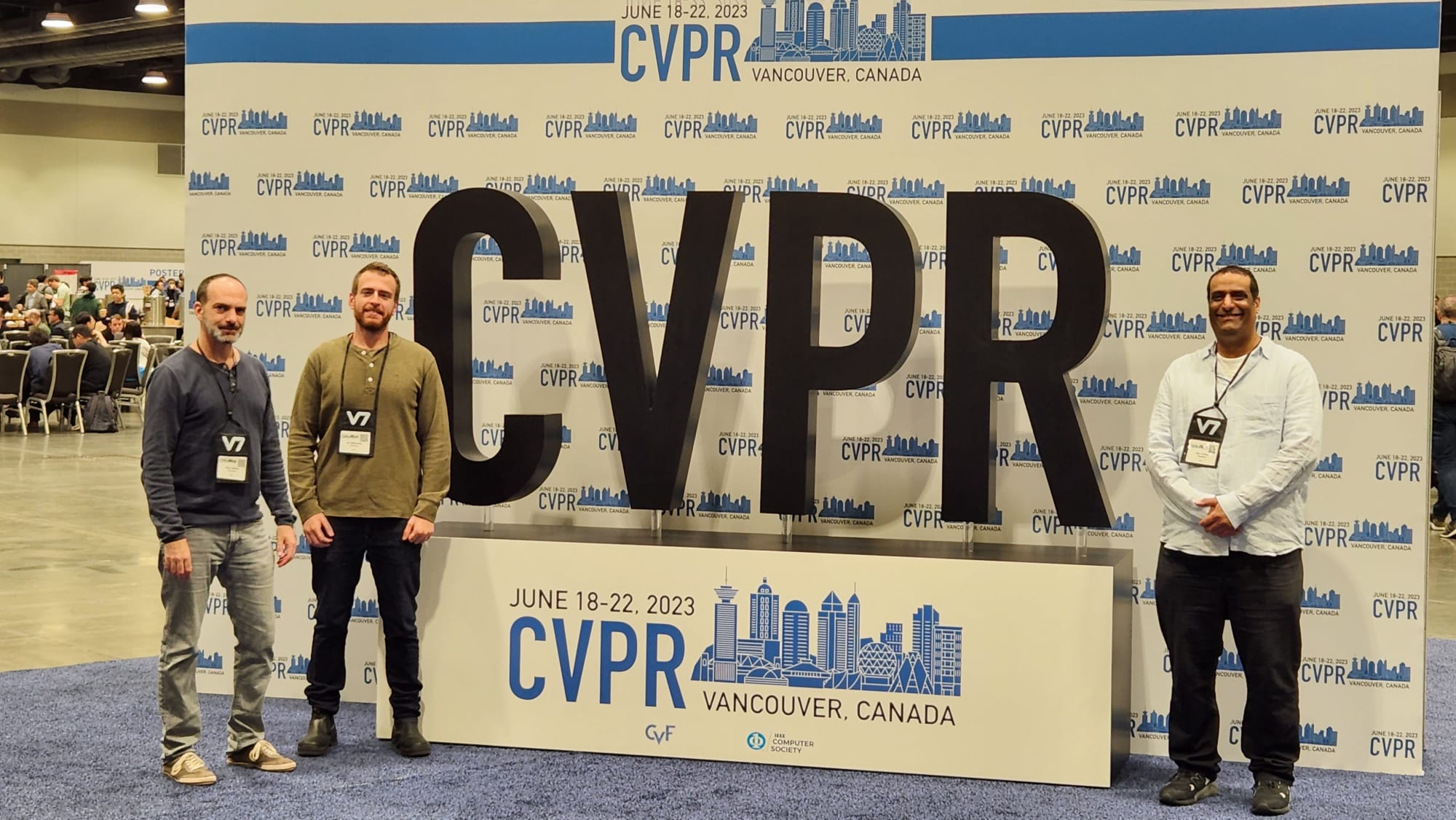
Presenting our work at CVPR 2023
Or, Ido and I were at CVPR 2023 in Vancouver, Canada, presenting our work on BASiS – teaching neural networks to accurately solve Laplacian eigenproblems. It was a great experience, meeting new people and hearing the latest on CV and ML.
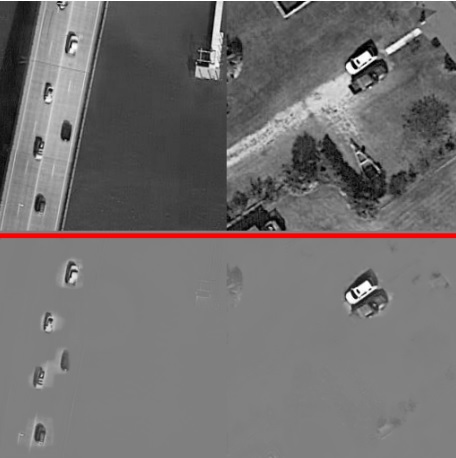
Additive Class Distinction Maps using Branched-GANs
Elnatan Kadar, Jonathan Brokman, Guy Gilboa Arxiv preprint We present a new model, training procedure and architecture to create precise maps of distinction between two classes of images. The objective is to comprehend, in pixel-wise resolution, the unique characteristics of a class. These maps can facilitate self-supervised segmentation and objectdetection in addition to new capabilities in explainable […]
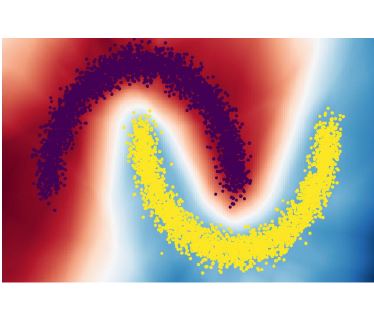
BASiS: Batch Aligned Spectral Embedding Space, CVPR 2023
Or Streicher, Ido Cohen, Guy Gilboa; Proceedings of the IEEE/CVF Conference on Computer Vision and Pattern Recognition (CVPR), 2023, pp. 10396-10405 CVPR Repository Arxiv preprint Graph is a highly generic and diverse representation, suitable for almost any data processing problem. Spectral graph theory has been shown to provide powerful algorithms, backed by solid linear algebra […]
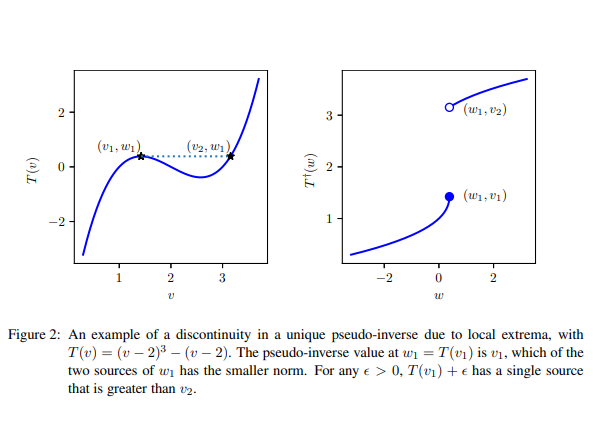
Theoretical Foundations for Pseudo-Inversion of Nonlinear Operators, SSVM-2023
Eyal Gofer, Guy Gilboa, Accepted to SSVM-2023 (oral) 9th International Conference, SSVM 2023, Santa Margherita di Pula, Italy, May 21–25, 2023, Proceedings, Springer LNCS 14009, pp. 29-41, 2023. arXiv preprint Springer conference proceedings Abstract The Moore-Penrose inverse is widely used in physics, statistics and various fields of engineering. Among other characteristics, it captures well the […]
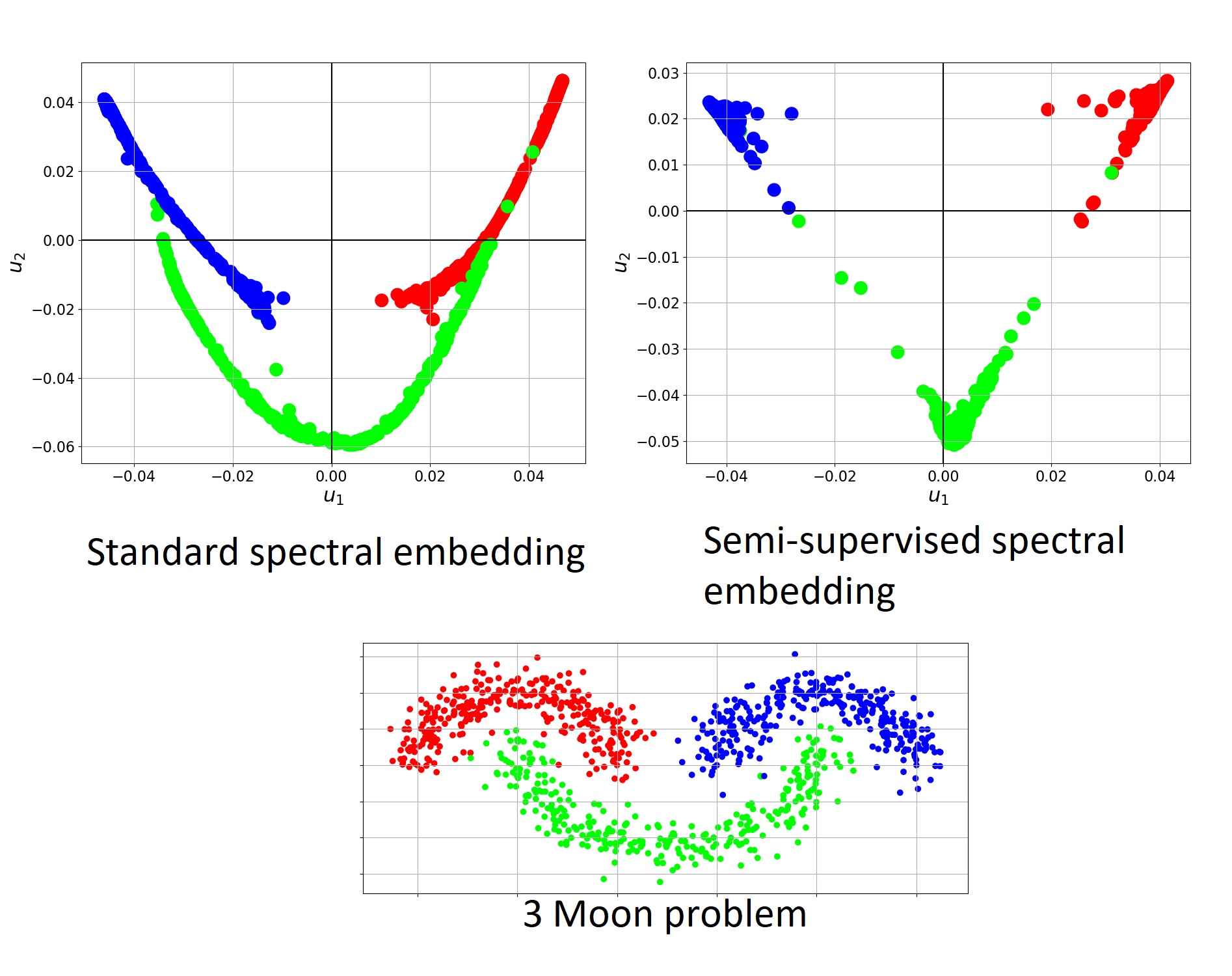
Graph Laplacian for Semi-Supervised Learning, accepted to SSVM-2023
Or Streicher, Guy Gilboa, accepted to SSVM 2023 (oral) 9th International Conference, SSVM 2023, Santa Margherita di Pula, Italy, May 21–25, 2023, Proceedings, Springer LNCS 14009, pp. 250-262, 2023. Springer conference proceedings Arxiv preprint Abatract Semi-supervised learning is highly useful in common scenarios where labeled data is scarce but unlabeled data is abundant. The graph […]
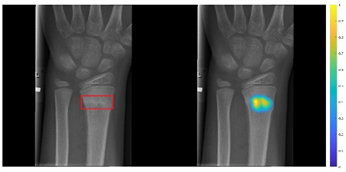
New Grant by the Ministry of Science
A new 3 years grant was approved by the Ministry of Science and Technology on “Self-Supervised Medical Imaging Detectors”. In collaboration with Dr. Eyal Bercovich from Rambam Medical Center.
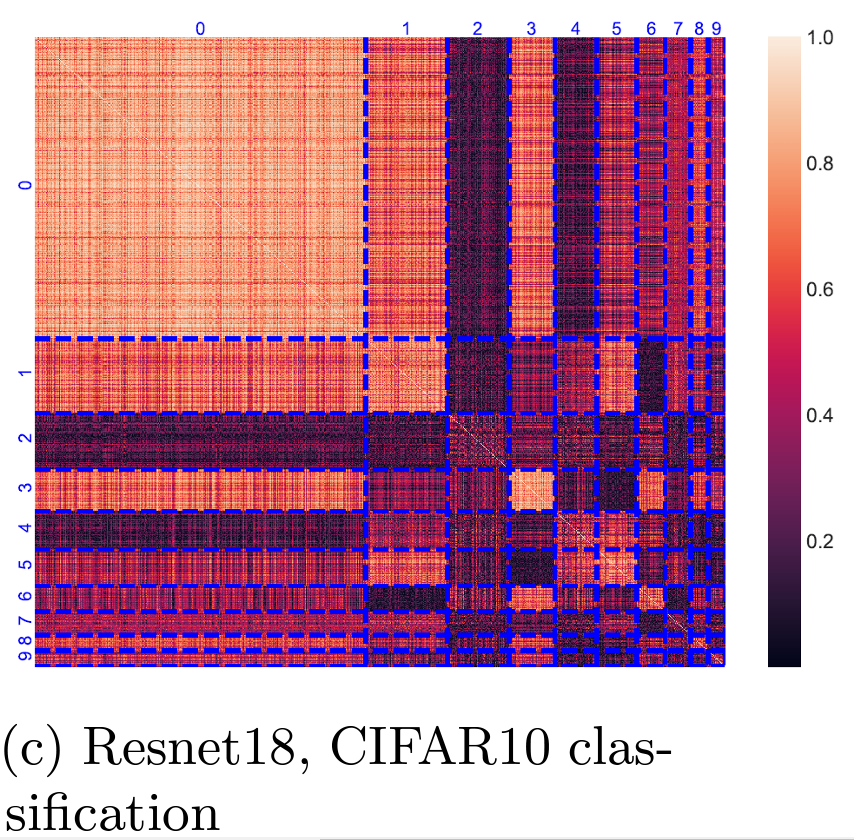
The Underlying Correlated Dynamics in Neural Training, preprint
Rotem Turjeman, Tom Berkov, Ido Cohen, Guy Gilboa Arxiv preprint Training of neural networks is a computationally intensive task. The significance of understanding and modeling the training dynamics is growing as increasingly larger networks are being trained. We propose in this work a model based on the correlation of the parameters’ dynamics, which dramatically reduces […]
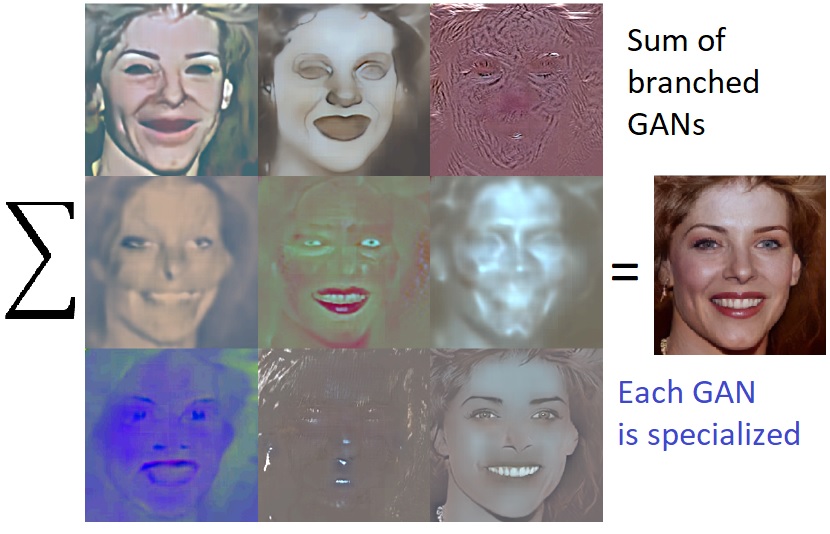
Analysis of Branch Specialization and its Application in Image Decomposition
Jonathan Brokman & Guy Gilboa, arXiv 2206.05810 Abstract Branched neural networks have been used extensively for a variety of tasks. Branches are sub-parts of the model that perform independent processing followed by aggregation. It is known that this setting induces a phenomenon called Branch Specialization, where different branches become experts in different sub-tasks. Such observations […]
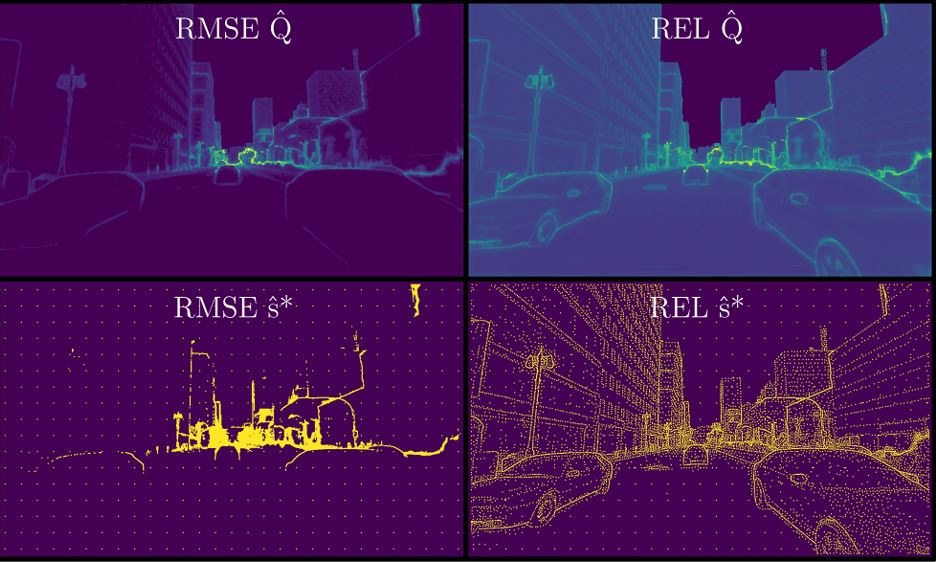
How to Guide Adaptive Depth Sampling?
Ilya Tcenov, Guy Gilboa, arXiv preprint Abstract Recent advances in depth sensing technologies allow fast electronic maneuvering of the laser beam, as opposed to fixed mechanical rotations. This will enable future sensors, in principle, to vary in real-time the sampling pattern. We examine here the abstract problem of whether adapting the sampling pattern for a […]
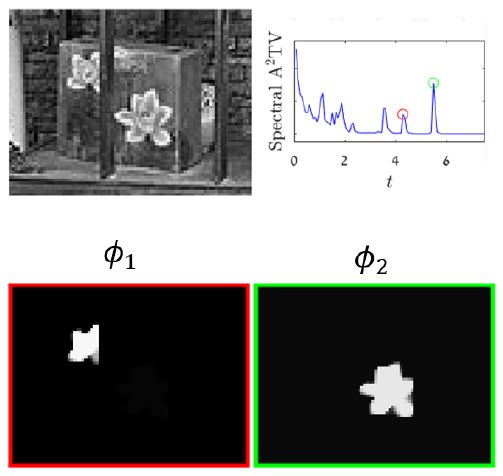
Adaptive Anisotropic Total Variation – Analysis and Experimental Findings of Nonlinear Spectral Properties
J. of Mathematical Imaging and Vision (JMIV), Vol. 64, pp. 916–938, 2022. Shai Biton and Guy Gilboa pdf Springer link Abstract Our aim is to explain and characterize the behavior of adaptive total-variation (TV) regularization. TV has been widely used as an edge-preserving regularizer. However, objects are often over-regularized by TV, becoming blob-like convex structures […]
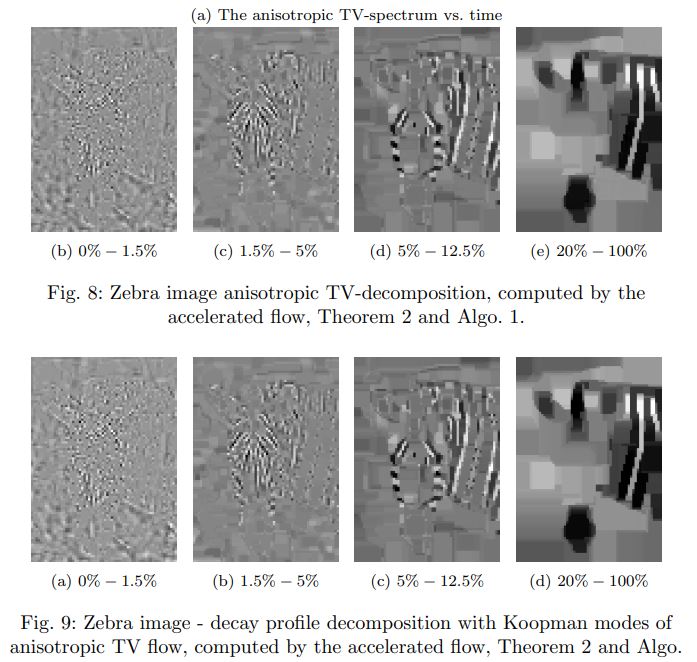
Total-Variation – Fast Gradient Flow and Relations to Koopman Theory
Ido Cohen, Tom Berkov, arXiv preprint Code Abstract The space-discrete Total Variation (TV) flow is analyzed using several mode decomposition techniques. In the one-dimensional case, we provide analytic formulations to Dynamic Mode Decomposition (DMD) and to Koopman Mode Decomposition (KMD) of the TV-flow and compare the obtained modes to TV spectral decomposition. We propose a […]

PhIT-Net: Photo-consistent Image Transform for Robust Illumination Invariant Matching
The 32nd British Machine Vision Conference (BMVC), Nov. 2021. Damian Kaliroff and Guy Gilboa BMVC link to paper, video and code Abstract We propose a new and completely data-driven approach for generating a photo- consistent image transform. We show that simple classical algorithms which operate in the transform domain become extremely resilient to illumination changes. […]
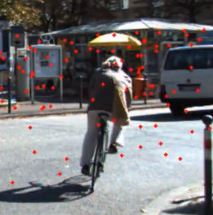
Adaptive LiDAR Sampling and Depth Completion using Ensemble Variance
Accepted to IEEE Trans. Image Processing, 2021. Eyal Gofer, Shachar Praisler, Guy Gilboa, arXiv Project details Abstract This work considers the problem of depth completion, with or without image data, where an algorithm may measure the depth of a prescribed limited number of pixels. The algorithmic challenge is to choose pixel positions strategically and […]
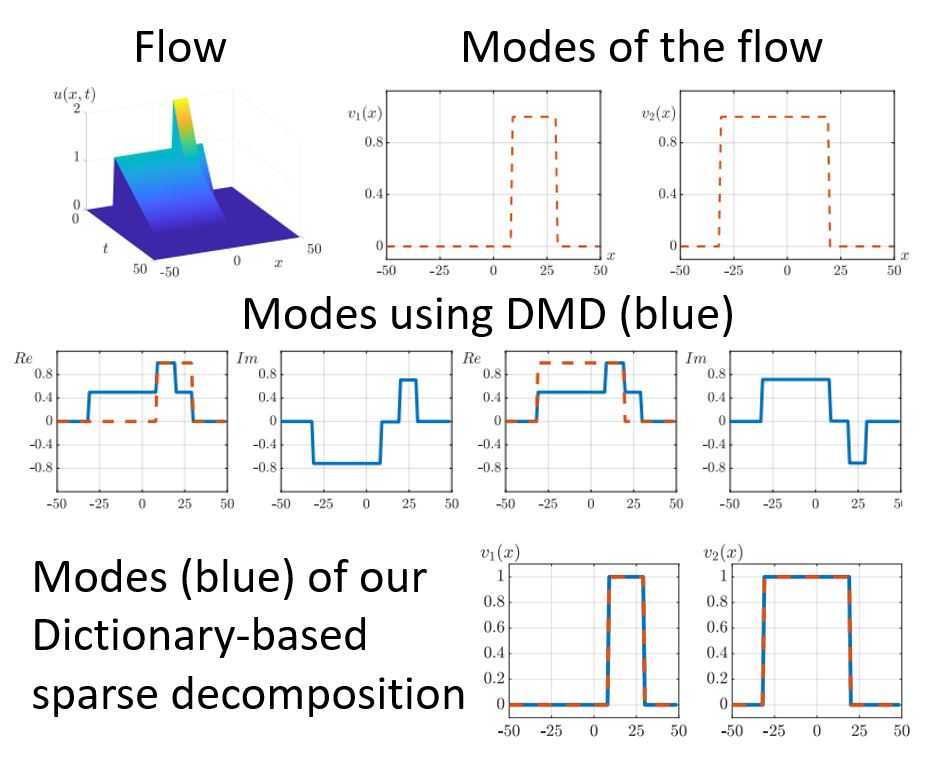
Examining the Limitations of Dynamic Mode Decomposition through Koopman Theory Analysis
Ido Cohen, Guy Gilboa, arXiv preprint 2107.07456, 2021 Abstract This work binds the existence of Koopman Eigenfunctions (KEF’s), the geometric of the dynamics, and the validity of Dynamic Mode Decomposition (DMD) to one coherent theory. Viewing the dynamic as a curve in the state-space allows us to formulate an existence condition of KEF’s and […]
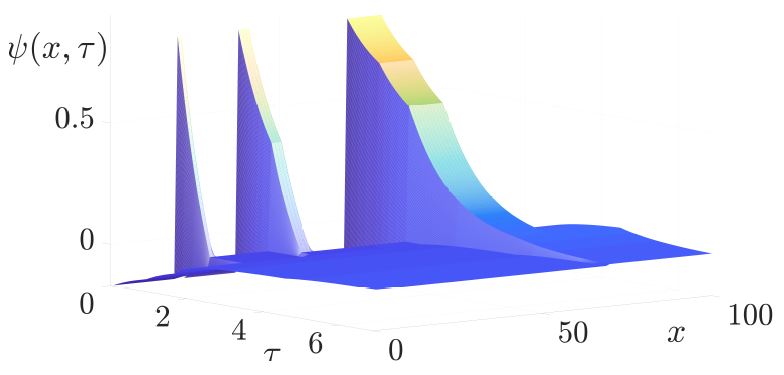
Total-Variation Mode Decomposition
Ido Cohen, Tom Berkov, Guy Gilboa, “Total-Variation Mode Decomposition”, Proc. SSVM 2021, pp. 52-64 Abstract In this work we analyze the Total Variation (TV) flow applied to one dimensional signals. We formulate a relation between Dynamic Mode Decomposition (DMD), a dimensionality reduction method based on the Koopman operator, and the spectral TV decomposition. DMD is adapted by time rescaling […]
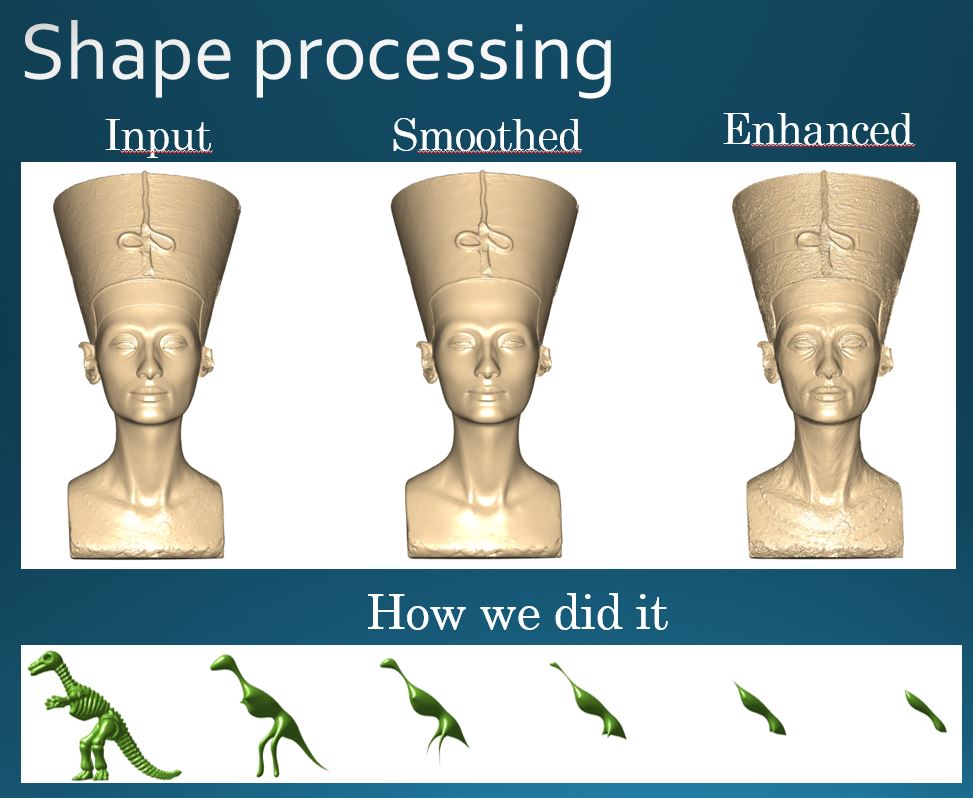
Nonlinear Spectral Processing of Shapes via Zero-homogeneous Flows
Jonathan Brokman, Guy Gilboa, Proc. SSVM, “Nonlinear Spectral Processing of Shapes via Zero-homogeneous Flows”, pp. 40-51, 2021 Abstract In this work we extend the spectral total-variation framework, and use it to analyze and process 2D manifolds embedded in 3D. Analysis is performed in the embedding space – thus “spectral arithmetics” manipulate the shape directly. This […]
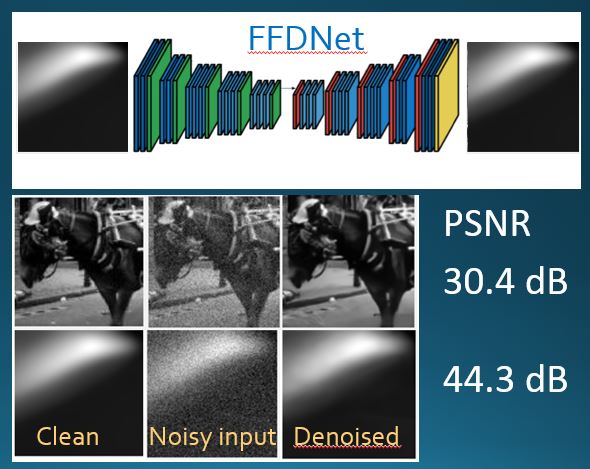
Nonlinear Power Method for Computing Eigenvectors of Proximal Operators and Neural Networks
Accepted to SIAM J. on Imaging Scienes, 2021 Leon Bungert, Ester Hait-Fraenkel , Nicolas Papadakis and Guy Gilboa, arXiv Neural networks have revolutionized the field of data science, yielding remarkable solutions in a data-driven manner. For instance, in the field of mathematical imaging, they have surpassed traditional methods based on convex regularization. However, a fundamental […]
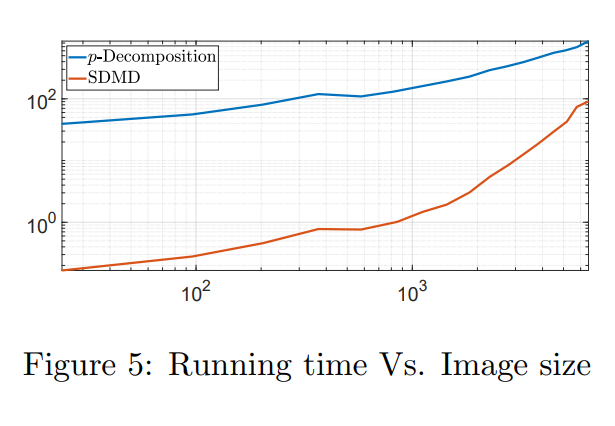
Modes of Homogeneous Gradient Flows
Accepted to SIAM J. on Imaging Sciences, 2021 Ido Cohen, Omri Azencot, Pavel Lifshitz, Guy Gilboa, arXiv, July 2020 Finding latent structures in data is drawing increasing attention in broad and diverse fields such as fluid dynamics, signal processing, and machine learning. In this work, we formulate Dynamic Mode Decomposition (DMD) for two types […]
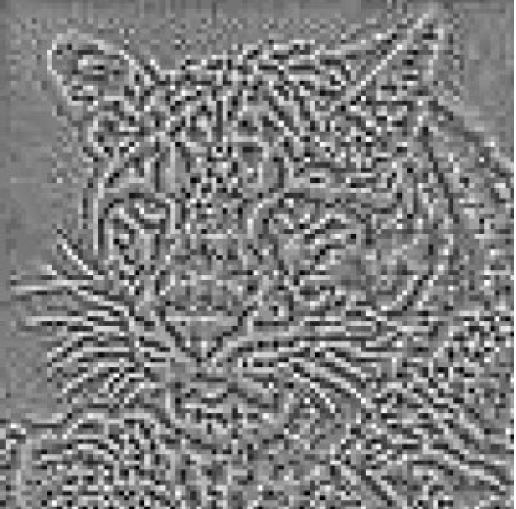
Revealing stable and unstable modes of denoisers through nonlinear eigenvalue analysis
Ester Hait-Fraenkel, Guy Gilboa, Revealing stable and unstable modes of denoisers through nonlinear eigenvalue analysis. J. Vis. Commun. Image Represent. 75: 103041 (2021) Ester Hait-Fraenkel, Guy Gilboa, arXiv In this paper, we propose to analyze stable and unstable modes of generic image denoisers through nonlinear eigenvalue analysis. We attempt to find input images for which […]

Experts with Lower-Bounded Loss Feedback: A Unifying Framework
Eyal Gofer, Guy Gilboa, arxiv preprint The most prominent feedback models for the best expert problem are the full information and bandit models. In this work we consider a simple feedback model that generalizes both, where on every round, in addition to a bandit feedback, the adversary provides a lower bound on the loss of […]

Iterative Methods for Computing Eigenvectors of Nonlinear Operators
Guy Gilboa, arXiv preprint A chapter to appear in Handbook of Mathematical Models and Algorithms in Computer Vision and Imaging. In this chapter we are examining several iterative methods for solving nonlinear eigenvalue problems. These arise in variational image-processing, graph partition and classification, nonlinear physics and more. The canonical eigenproblem we solve is $T(u)=\lambda […]
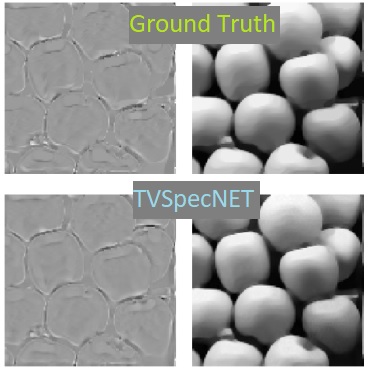
NeurIPS 2020: Deeply Learned Spectral Total Variation Decomposition
Tamara G. Grossmann, Yury Korolev, Guy Gilboa, Carola-Bibiane Schönlieb, arXiv 2020 Accepted for NeurIPS 2020. Non-linear spectral decompositions of images based on one-homogeneous functionals such as total variation have gained considerable attention in the last few years. Due to their ability to extract spectral components corresponding to objects of different size and contrast, such decompositions […]
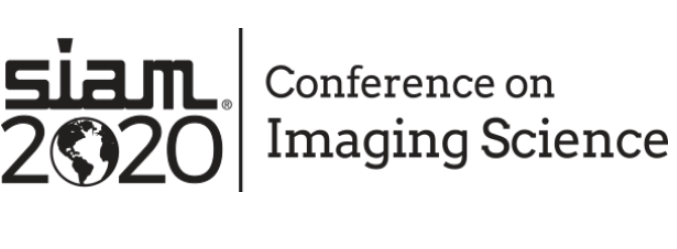
Presentations at SIAM Conference on Imaging Science
SIAM Conf on Imaging Sciences 2020 was held virtually this year. Ety and Ido presented talks at the minisymposium Nonlinear Spectral Analysis with Applications in Imaging and Data Science (a minisymposium organized by Leon Bungert, Ido Cohen and Guy Gilboa) Jonathan and Guy presented a joint work at the minisymposium Are We Ready for Semi-Supervised […]
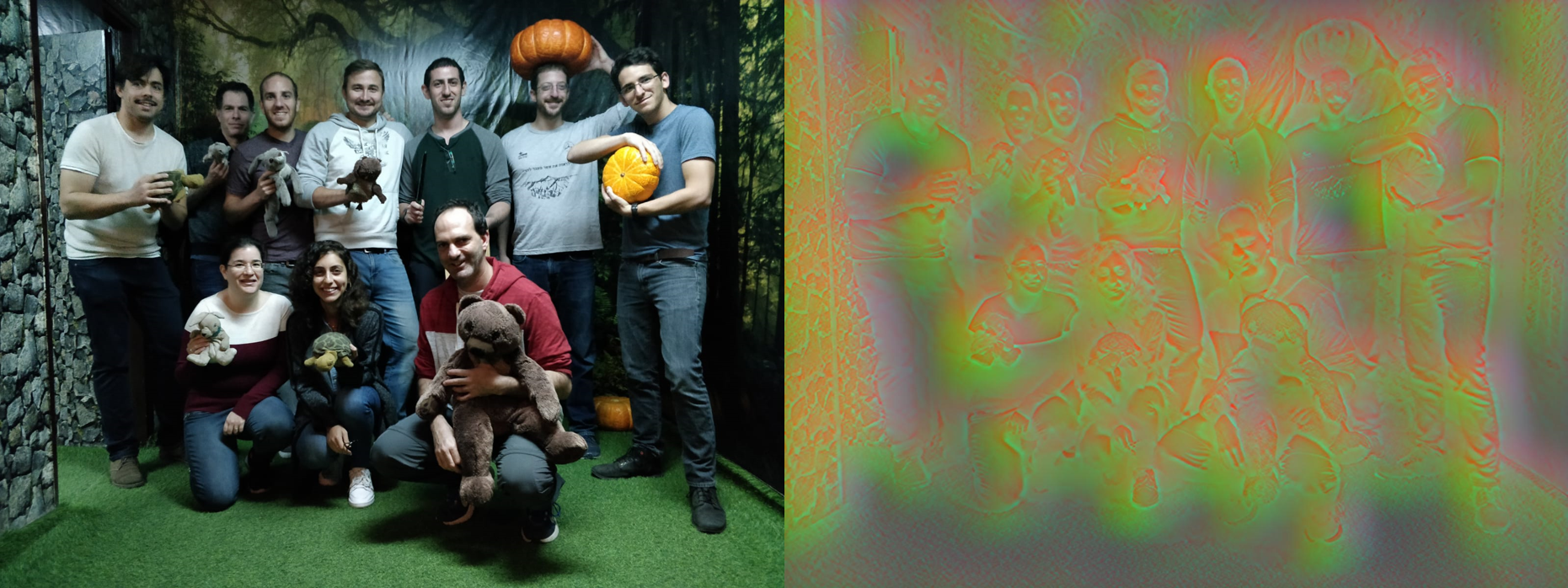
Damian’s Seminar
The MSc Seminar of Damian Kaliroff was performed through Zoom on 23.4.2020. In the image – our group (after escape-room + lazer-tag event) in RGB and in the new representation. Here are links to Seminar recording (in Hebrew, download the file to play the full 48 minutes talk) Presentation Paper (D. Kaliroff, G. Gilboa, arXiv […]
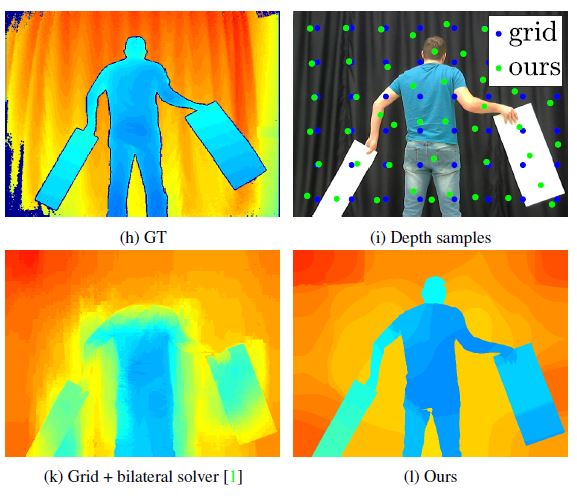
Super-Pixel Sampler – a Data-driven Approach for Depth Sampling and Reconstruction
Adam Wolff, Shachar Praisler, Ilya Tcenov and Guy Gilboa, “Super-Pixel Sampler – a Data-driven Approach for Depth Sampling and Reconstruction”, accepted to ICRA (Int. Conf. on Robotics and Automation) 2020. Paper See the video of our mechanical prototype Abstract Depth acquisition, based on active illumination, is essential for autonomous and robotic navigation. LiDARs (Light Detection […]
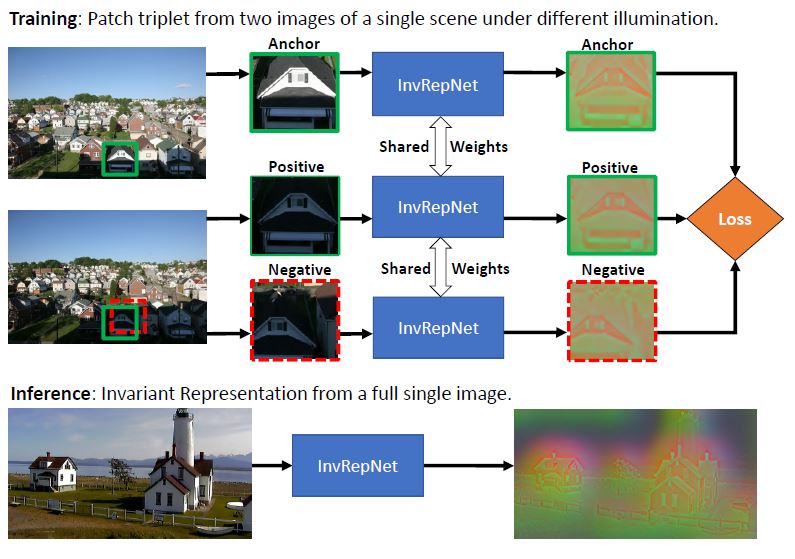
Self-Supervised Unconstrained Illumination Invariant Representation
Damian Kaliroff, Guy Gilboa, arXiv We propose a new and completely data-driven approach for generating an unconstrained illumination invariant representation of images. Our method trains a neural network with a specialized triplet loss designed to emphasize actual scene changes while downplaying changes in illumination. For this purpose we use the BigTime image dataset, which contains […]
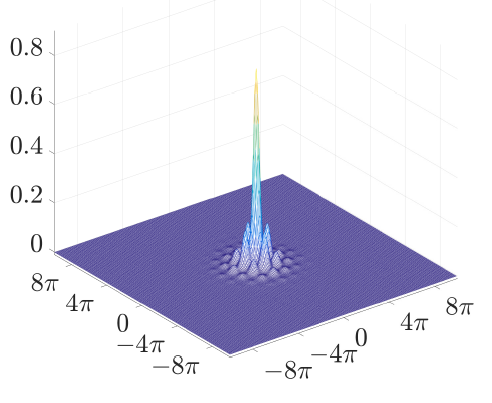
Energy Dissipating Flows for Solving Nonlinear Eigenpair Problems
Ido Cohen, Guy Gilboa, “Energy dissipating flows for solving nonlinear eigenpair problems”, Journal of Computational Physics 375 (2018), 1138-1158. This work is concerned with computing nonlinear eigenpairs, which model solitary waves and various other physical phenomena. We aim at solving nonlinear eigenvalue problems of the general form $T(u)=\lambda Q(u)$. In our setting $T$ is a […]
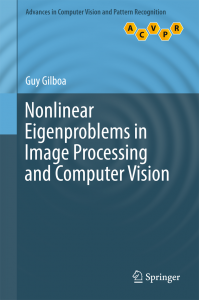
New Book
Many thanks to the whole group for contributing, commenting and proof-reading the new book. The online version can be downloaded at the Springer site
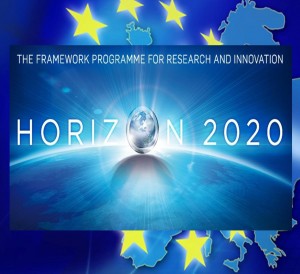
Horizon 2020 RISE grant started March 2018
A 4 year grant NoMADS, Nonlocal Methods for Arbitrary Data Sources, as part of the RISE program, started on March 2018. Includes Collaboration between universities (Munster, Cambridge, UCLA, Bordeaux, Carnegie Mellon, Technion and more..) and industry.
Paper of Raz & Guy accepted
The paper, based on the master thesis of Raz Nossek is now accepted (Sept 2017): R. Nossek & G. Gilboa, “Flows generating nonlinear eigenfunctions”, Journal of Scientific Computing. (a pdf of the accepted version will be published soon, see arXiv version)

TIP Paper of Ety
Ety’s paper in IEEE Trans. on Image Processing is published, “Blind Facial Image Quality Enhancement Using Non-Rigid Semantic Patches “.
Workshop in Cambridge Sept 2017
Tal and Guy participated in a workshop in Cambridge (Newton Institute) on Variational methods, new optimisation techniques and new fast numerical algorithms. Tal presented a poster on Spectral TV Hashing. Guy presented a talk: Nonlinear spectral analysis – beyond the convex case
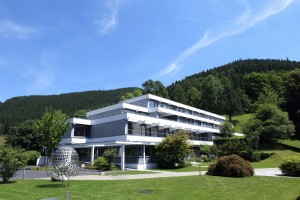
Workshop at Oberwolfach Math Institute, Germany, Jan 2016
Participating in a workshop on Mathematical Imaging and Surface Processing at the Oberwolfach Math Institute, Germany, January 2016.

Postdoc position
Requirements Strong mathemetical and theoretical background. Knowledge in PDE’s, variational methods and convex analysis. PhD from departments of Applied Math/EE/CS. Solid publication record. Creativity. Knowledge in image processing – an advantage (not a must). Knowledge in Matlab – an advantage (not a must). English – high writing and speaking skills. Description of Position Performing research […]

SIAM Conf on Imaging Sciences, Albuquerque, USA, May 2016
Giving 2 talks (and being a co-author in 3 others) in SIAM Conf on Imaging Sciences.

Talk at Cambridge (Oct 2015)
Talk at the Department of Applied Mathematics and Theoretical Physics, University of Cambridge, at the Applied and Computational Analysis Seminar on “Processing Textures in the Spectral Total-Variation Domain”, Oct. 2015.
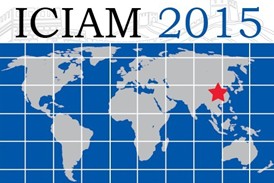
Talk at the International Applied Math Congress, ICIAM (Aug. 2015)
The International Congress on Industrial and Applied Mathematics (ICIAM) is the premier international congress in the field of applied mathematics held every four years under the auspices of the International Council for Industrial and Applied Mathematics. From August 10 to 14, 2015, mathematicians from around the world will gather in Beijing, China for the 8th […]
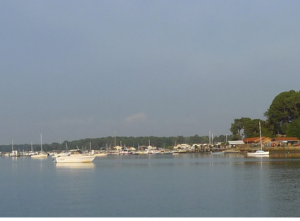
SSVM 2015 presentations (June 2015)
Presenting papers in Scale Space and Variational Methods in Computer Vision (SSVM) in Lège Cap Ferret, France (June 2015).

Talk at RICAM, Linz (Oct. 2014)
I will be giving a talk at RICAM (Radon Institute for Computational and Applied Mathematics) in October. This is part of the Special Semester on New Trends in Calculus of Variations and is within the second workshop on Variational Methods in Imaging.
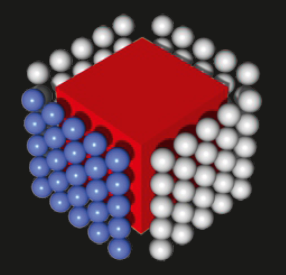
3D Lab Now Open
The renovation of the 3D Lab is finished! (July 2014) New projects concerning 3D video processing and analysis are planned to be conducted in the lab. It is located on the 6th floor of Meyer Bldg (room 661) and is part of the VISL lab. The 3D animation is thanks to Jason Hise.
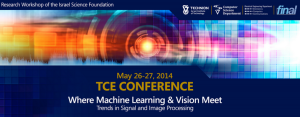
TCE talk
See more on the Technion TCE confernce . Abstract of the talk Peeling Images – A Structured Layer Representation Using the TV Transform

SIAM Imaging Science Conference
The talk is given in Hong-Kong on May at SIAM-IS 2014 on texture analysis of color images using the TV transform (within the minisymposium on Color Perception and Image Enhancement, see program) .




